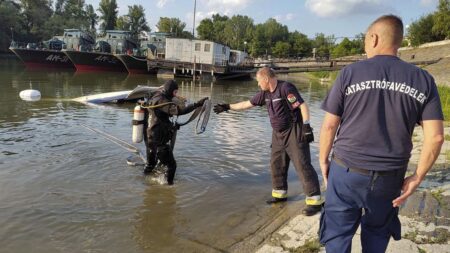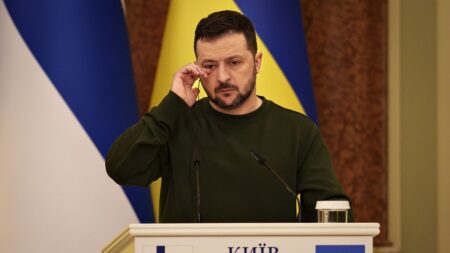Finland closed the 1,340-kilometer land border late last year after an unusually high number of asylum-seekers entered the country.
Finland will extend the closure of its border crossing points with Russia beyond the current 14 April deadline “until further notice”.
The Finnish Interior Ministry posted on X that the decision was made over concerns undocumented migrants were entering the country from Russia.
“Russia is using instrumentalised migration against Finland. Based on information provided by public authorities, the risk that instrumentalised migration will resume and expand as seen previously remains likely,” said the Interior Ministry.
Finland closed the 1,340-kilometer land border late last year after more than 1,300 migrants without proper documentation or visas entered the country.
The surge came in the three months after September, not long after Finland joined the NATO alliance.
Most migrants hail from the Middle East and Africa, especially Afghanistan, Egypt, Iraq, Somalia, Syria and Yemen.
The vast majority have sought asylum in Finland, a European Union member state with a population of 5.6 million.
Finnish Cabinet of Prime Minister Petteri Orpo has extended the closure of checkpoints several times.
He accuses Russia of deliberately ushering migrants to the normally heavily guarded Russia-Finland border zone that serves also as the EU’s external border in the north.
The Kremlin has denied Helsinki’s claims, saying the Finnish government is unwilling to engage in dialogue about the border.
All eight Finland-Russia land border crossing points for people have been closed since 15 December.
The southeastern rail checkpoint for cargo trains in Vainikkala remains open but the government said on Thursday it would close three maritime checkpoints starting 15 April.
Migrants can continue to seek asylum in Finland, part of the EU´s passport-free Schengen zone, at Finnish airports and harbours, the government said.
Finland acts as the EU’s external border in the north and makes up a significant part of NATO’s northeastern flank.
Read the full article here










